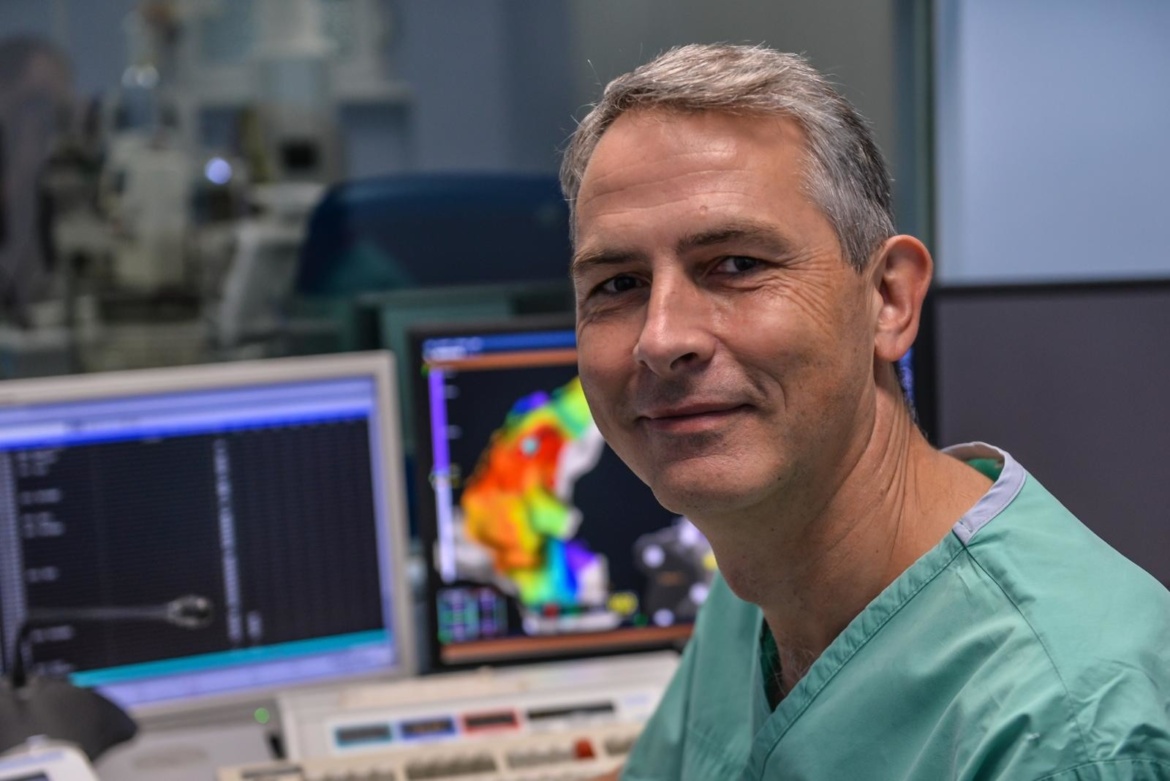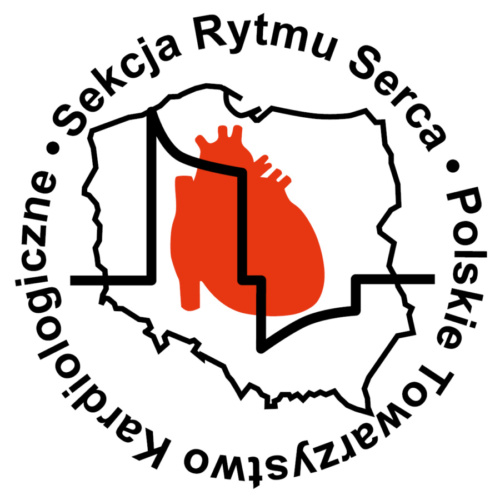In January 2023, the Cardiac Rhythm Section of the Polish Society of Cardiology inaugurated 'Cardiac Arrhythmia Awareness Month'. The awareness campaign on: prevention, diagnosis and therapy of arrhythmias is aimed at the general public and cardiac patients. Cardiac electrophysiologists will educate on how to take care of a healthy heart rhythm, prevent dangerous complications of arrhythmias such as ischaemic stroke and live longer and better - also with diagnosed cardiovascular disease.
Heart rhythm disorders, or arrhythmias, are a growing health challenge. In Poland, approximately 1 250 000 people (19.2 per cent of the Polish population aged 65+) suffer from the most common type of heart rhythm disorder - atrial fibrillation.
Arrhythmias can be a symptom of other conditions (not necessarily cardiac), but also an independent condition that, as such, can also lead to dangerous sequelae and complications.
But is arrhythmia always dangerous to health and always requires treatment? Is it better if the heart beats slower or faster? How does a pacemaker work, and when and to whom is a cardioverter defibrillator implanted? What can be done to live longer and better with already diagnosed heart disease?
- Family medicine specialists and cardiologists are seeing more and more patients with questions about heart rhythm disorders. Healthy people often ask us, for example, about fashionable wearables - wristbands, watches and other gadgets with the function of measuring various vital functions, including ECGs. Patients want to know, for example, whether they can rely on the measurements indicated by these devices - should the alerts they send warrant a consultation with a specialist? People with already diagnosed cardiac conditions often have more specific questions, related to the planned therapy. How does a pacemaker work versus a resynchronisation therapy system? What does an ablation procedure consist of and how to prepare for it? As a scientific society, we have decided to familiarise the public, including cardiac patients, with the most important concepts in the field of cardiac rhythm diagnosis and therapy," explains Maciej Kempa, MD, PhD, Head of the Cardiac Electrophysiology and Electrotherapy Laboratory at the Department of Cardiology and Cardiac Electrotherapy, GUMed, President of the Cardiac Rhythm Section of the Polish Cardiac Society.

As part of the awareness campaign on the PTK Heart Rhythm Section facebook profile and the media will feature educational posts, articles and broadcasts on various arrhythmia-related issues.
Cardiac electrophysiologists have developed, among other things: "The arrhythmia alphabet" - a study containing accessible definitions of the most important concepts related to the area of cardiac arrhythmias, "7 questions about ablation" - a series of Q&A questions and answers in an understandable way introducing patients to surgical methods of arrhythmia treatment, and a number of other studies and expert commentaries. There was also material on telemedicine: teleportation, telemonitoring of implantable devices and tele-solutions for the care of youngest patients with arrhythmias.
Experts from the Heart Rhythm Section of the Polish Cardiac Society invited organisations working for the benefit of patients with arrhythmias to collaborate on the awareness campaign entitled "Heart Rhythm Disorders Awareness Month": ICDefibrillators Association and the Heart for Arrhythmia Foundation.
As the organisers point out, the awareness campaign activities will run until January 2023, but independently of this initiative, the PTK Heart Rhythm Section conducts ongoing, year-round educational activities aimed at the medical community as well as the general public and cardiology patients.

